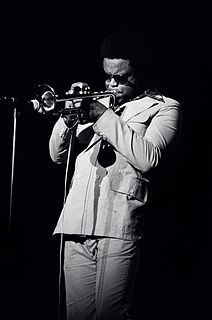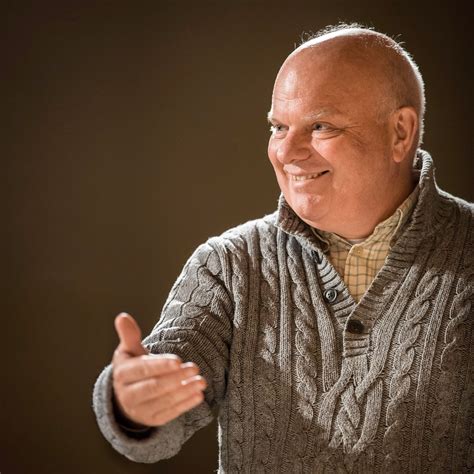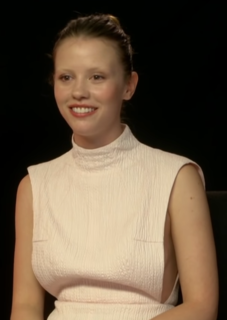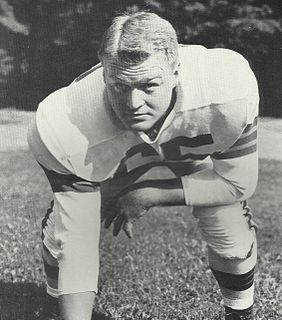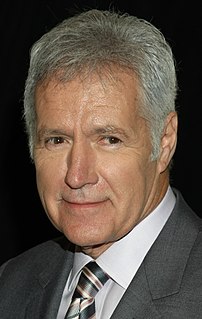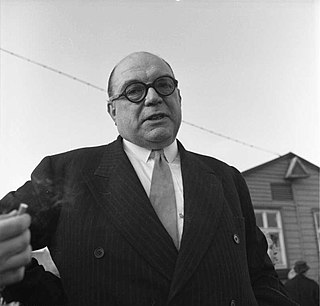A Quote by Umberto Eco
Semiotics is in principle the discipline studying everything which can be used in order to lie. If something cannot be used to tell a lie, conversely it cannot be used to tell the truth: it cannot in fact be used "to tell" at all.
Related Quotes
A doctrine is something that pins you down to a given mode of conduct and dozens of situations which you cannot foresee, which is a great mistake in principle. When the word 'containment' was used in my 'X' article, it was used with relation to a certain situation then prevailing, and as a response to it.
As I get older I see that running has changed for me. What used to be about burning calories is now more about burning up what is false. Lies I used to tell myself about who I was and what I could do, friendships that cannot withstand hills or miles, the approval I no longer need to seek, and solidarity that cannot bear silence. I run to burn up what I don't need and ignite what I do.
People ask me, How would you do as a contestant on the show? And I tell them I would do fairly well among senior citizens, but against a good thirty-year-old I would have trouble because I cannot recall information as quickly as I used to. You used to say something and I would go, boom, right away, very sharp. Now it's like, Oh, yes, but wait a minute, uh, uh.
It’s not enough to be able to lie with a straight face; anybody with enough gall to raise on a busted flush can do that. The first way to lie artistically is to tell the truth — but not all of it. The second way involves telling the truth, too, but is harder: Tell the exact truth and maybe all of it…but tell it so unconvincingly that your listener is sure you are lying.
Wall Street banks have used the same tactic that Bush used in the war on terror - fear - and they've basically said that if you don't do what we tell you, the sky will fall. If you don't do what we tell you, it will be the end of capitalism as we know it. The failure of Lehman Brothers lent some credence to those fears.

